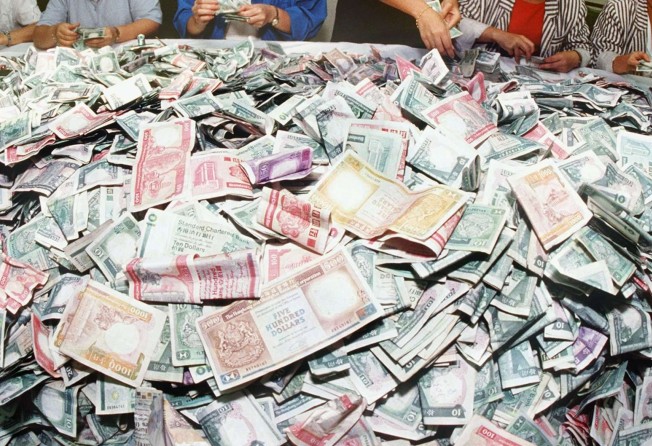Grants for Hong Kong businesses are too charitable
Critics say the lump sum funding system often encourages paying top executives handsomely at the expense of service quality and welfare workers

The hands-off approach by the government when it comes to regulating charities and welfare NGOs has led to a free-for-all for some groups. Gaping loopholes in their regulation have meant lax supervision, leading to virtual unaccountability.
In response to a scathing report by the government auditor, home affairs chief Lau Kong-wah last summer agreed to review subsidies in the more egregious cases. We have yet to hear back from him. So the Legislative Council’s Public Accounts Committee is right to express “grave concern” this week, especially with those welfare groups that have been granted tax-exempt status and/or valuable land.
The Audit Commission has singled out the Scout Association, which owns its headquarters and a hotel in the same complex in Jordan, through a land grant in 1989 at a discounted price of HK$30 million. The government subsidised the association with HK$300 million over two decades while the charity made a net profit of HK$829 million between 1994 and 2012.
The commission has also identified 14 other sites granted to charities that have been used to run hotels, hostels, serviced flats and/or commercial offices.
Meanwhile, two long-standing welfare groups, the Neighbourhood Advice-Action Council and the Richmond Fellowship of Hong Kong, suddenly ran into massive deficits last year despite having previously reported robust financial health. Such cases have renewed questions about the government’s much-criticised lump sum funding system for welfare NGOs.
Introduced in 2001, it is supposed to promote prudent and professional financial management. But critics have said the system often encourages paying top executives and managers handsomely at the expense of service quality and welfare workers who actually do the work.
The number of tax-exempt charities doubled in the decade up to 2016, from 4,435 to 8,923 while tax-deductible donations jumped 126 per cent from HK$5.25 billion in 2005 to HK$11.84 billion in 2015, amounting to HK$1.5 billion in forgone tax revenue. Surprisingly, the Inland Revenue Department claims it has no power to revoke tax-exempt status or claw back funds even in the event of gross violations.
The truth is that it doesn’t know whether it has such powers, and according to the Legco committee, hasn’t bothered to find out from government lawyers or the Financial Services and the Treasury Bureau.
The Lands Department needs to review existing land grant conditions and tighten them in new applications. Unless there is toughened supervision, more charities will run like businesses.